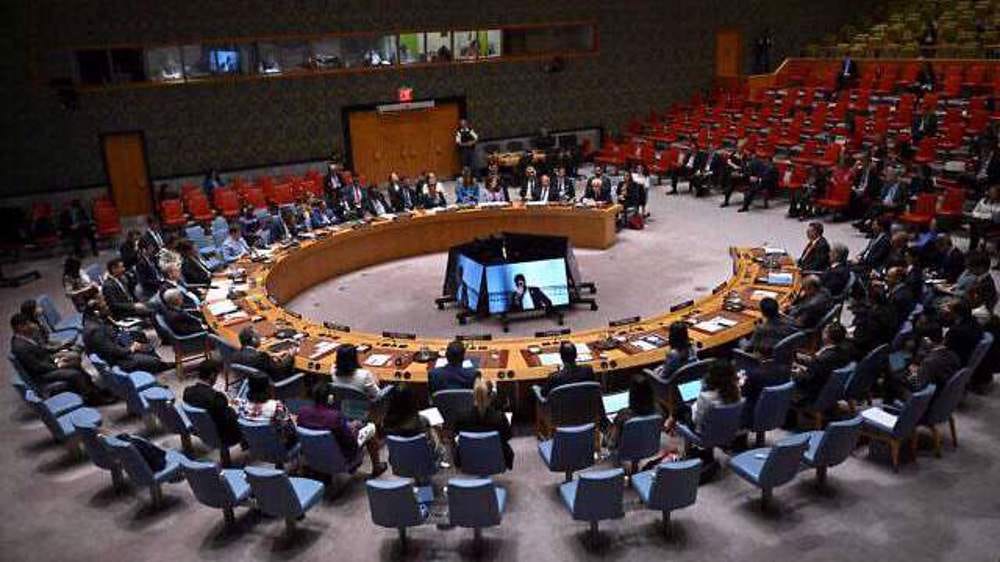UNSC Reimpose Sanctions on Iran, Russia & China Reject Decision
European Troika accused of bad faith as snapback mechanism threatens to nullify Cairo Agreement
United Nations, PUREWILAYAH.COM – The United Nations Security Council voted on Friday to reimpose nuclear sanctions on Iran, citing alleged violations of the 2015 Joint Comprehensive Plan of Action (JCPOA).
The decision, pushed forward by Britain, France, and Germany, has triggered sharp criticism from Russia, China, and Iran, exposing widening rifts in the international community over the future of Iran’s peaceful nuclear program.
The three European signatories to the JCPOA invoked the snapback mechanism, alleging that Iran’s uranium enrichment progress and reduced cooperation with the International Atomic Energy Agency (IAEA) amounted to material violations of the accord.
Iran strongly rejected the claims, arguing that its nuclear program remains peaceful. Tehran accused Western powers of double standards, noting that it was the United States that abandoned the JCPOA in 2018, applied military pressure, and disrupted negotiations.
Iran, Russia, and China Push Back
Iranian Foreign Minister Abbas Araghchi said Tehran had presented a “fair and balanced” proposal to prevent the reimposition of sanctions, underscoring Iran’s readiness for cooperation.
Russia’s UN Ambassador Vasily Nebenzia dismissed the European-led move, declaring: “There are no grounds for reinstating UN sanctions on Iran.” He emphasized that the European push lacked legal authority and confirmed that Moscow would not recognize it.
Russia also called for support of a joint Russian-Chinese draft resolution on Iran, which proposes an alternative diplomatic track to avoid escalation.
China’s envoy urged an immediate halt to pressure on Tehran and called on the European trio to withdraw their snapback notifications.
“Pressure is not the solution,” the Chinese ambassador said, stressing Iran’s declared willingness to cooperate and reaffirming that its nuclear program remains peaceful.
Snapback Threatens Cairo Agreement
Sources cited by Al Mayadeen warned that activating the snapback mechanism would effectively nullify the Cairo Agreement, ending Iran’s cooperation with the IAEA and cutting off access to key facilities for international inspectors.
They cautioned that this escalation would undermine existing diplomatic channels. While the door for dialogue remains open, Washington is seen as steering the European Troika toward confrontation.
According to the sources, the United States intends to pressure Tehran into resuming negotiations only after sanctions are reinstated, attempting to impose terms from what it perceives as a position of strength. Observers warned this would be a serious miscalculation of Iran’s stance and its likely response.
The UNSC vote marks a critical juncture for the JCPOA and the broader question of Iran’s role in regional stability. While European states push sanctions, Russia, China, and Iran stress that renewed pressure will not resolve tensions, but only deepen divisions and risk further escalation. (PW)


